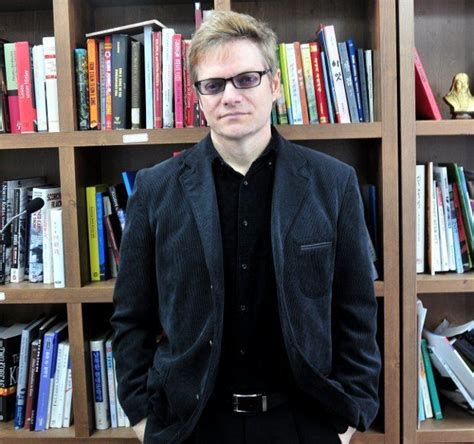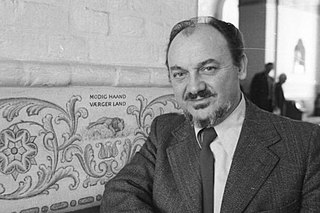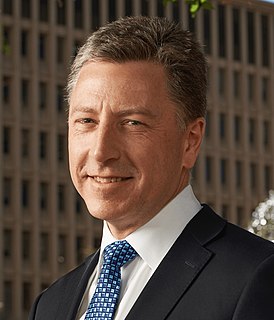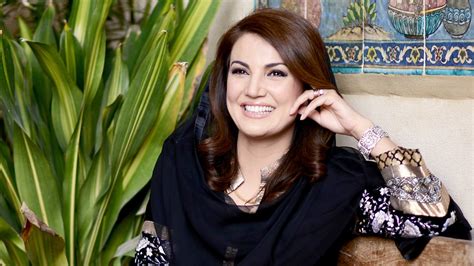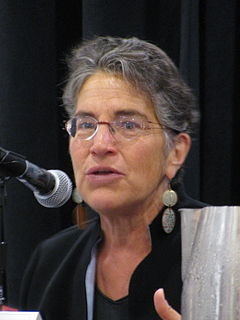A Quote by Benazir Bhutto
In 1988, when democracy was restored, the military establishment was still very powerful. The extremist groups were still there. And when the aid and assistance to Pakistan was cut, we had to adopt harsh economic policies. So in a way, it showed that democracy doesn't pay, and the military was able to reassert itself.
Related Quotes
Senator McGovern is very sincere when he says that he will try to cut the military budget by 30%. And this is to drive a knife in the heart of Israel... Jews don't like big military budgets. But it is now an interest of the Jews to have a large and powerful military establishment in the United States... American Jews who care about the survival of the state of Israel have to say, no, we don't want to cut the military budget, it is important to keep that military budget big, so that we can defend Israel.
Democracy entails a correlation between the public interest as expressed by a majority of the population and the governmental policies that affect them. The term encompasses various manifestations, including direct, participatory and representative democracy, but Governments must be responsive to people and not to special interests such as the military-industrial complex, financial bankers and transnational corporations. Democracy is inclusive and does not privilege an anthropological aristocracy.
We shouldn't be lowering standards for NATO membership; we have to insist on democracy, reform, market economy, anti-corruption, reformed military, contributions to common security, interoperability - all the things that the Czechs had to do, the Poles had to do - they're still on the table. Which means that Ukraine is a long way away from getting to that point.
Chile has done a lot to rid itself of poverty, especially extreme poverty, since the return to democracy. But we still have a ways to go toward greater equity. This country does not have a neoliberal economic model anymore. We have put in place a lot of policies that will ensure that economic growth goes hand in hand with social justice.
Instead of ending U.S. military aid to the 23rd wealthiest country to use for its consistent violations of international law and human rights, we see the Obama administration escalating the annual amount of aid, so that Israel will now start each year with almost $4 billion, with $3.8 billion a year of military aid coming from our tax money to support its military, without any restrictions on how it makes - how it uses that money, what weapons in the U.S. it's able to buy.
The Greek city-states politicised citizen and subject, creating institutions that were way ahead of anything in China or India. The politicians of antiquity exercised a political and military, if not economic, hegemony on the culture as a whole. The idea of democracy was first born and practised here.


